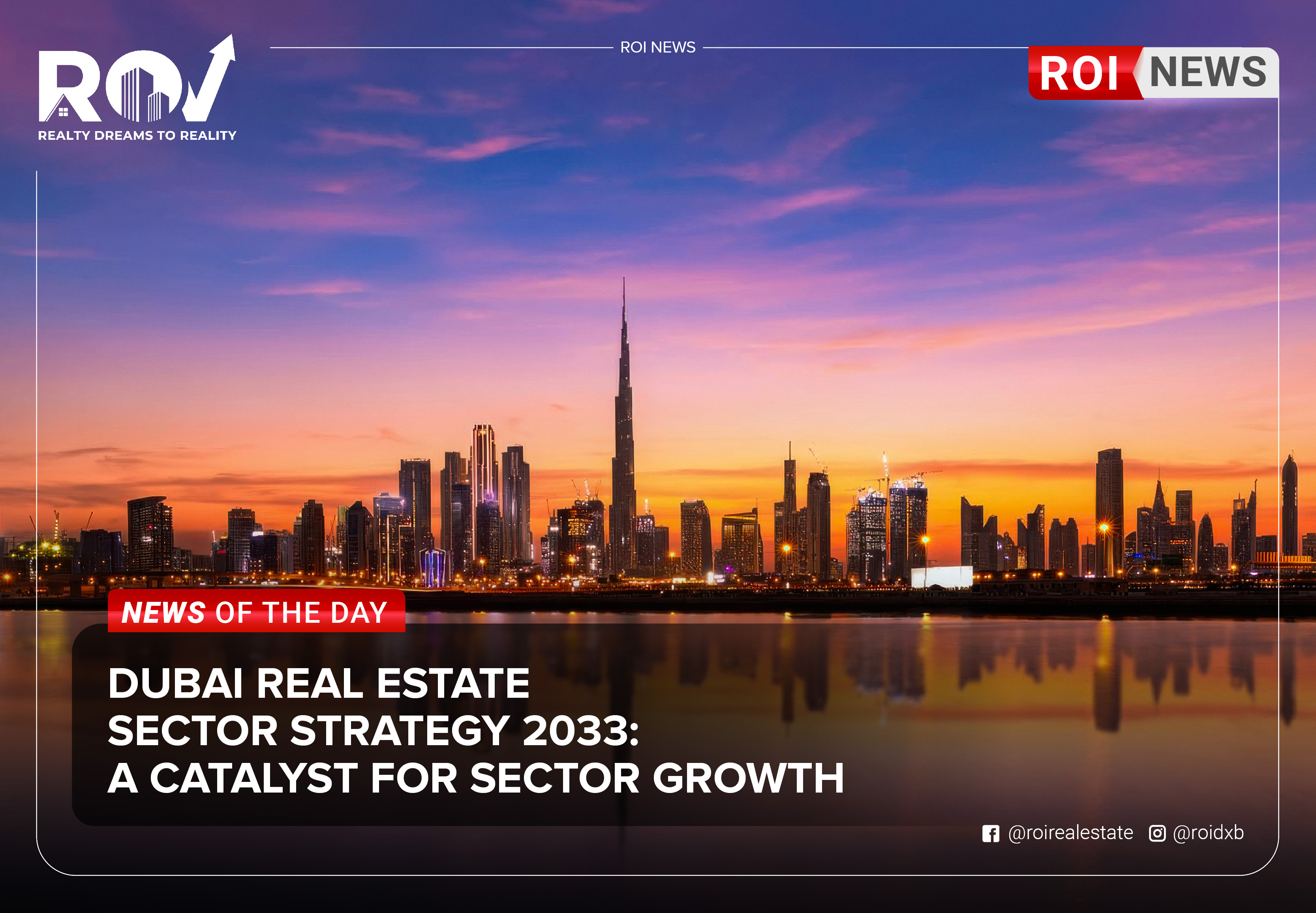
Dubai Real Estate Sector Strategy 2033: A Catalyst for Sector Growth
By greatly boosting transaction volumes and enhancing the emirate’s appeal as a top location for foreign investors, the Dubai Real Estate Sector Strategy 2033 provides a targeted road map to improve the sector’s economic impact.
In the first nine months of 2024, more than 163,000 transactions totaling more than Dh544 billion were recorded in Dubai’s real estate market. Thanks to sophisticated infrastructure and a robust regulatory environment, real estate investments also experienced significant growth during this time, surpassing Dh376 billion. Property speculation stays within acceptable bounds, not going above 20 percent, despite the industry’s continued record growth, indicating stability and sustainability in investment trends.
“The strategy aims to inspire a transformative shift in Dubai’s real estate sector by fostering sustainability and solidifying Dubai’s role as a regional and global leader in real estate,” stated Marwan Ahmed bin Ghalita, Director-General of the Dubai Land Department. Beyond just buying real estate, investing in Dubai offers a first-rate lifestyle that increases market appeal and draws in long-term capital.
By doubling the real estate sector’s contribution to Dubai’s GDP to about Dh73 billion, raising homeownership rates to 33%, increasing real estate transactions by 70%, increasing the market value to Dh1 trillion, and increasing the value of Dubai’s real estate portfolios 20 times to Dh20 billion, the strategy seeks to achieve its goals.
A robust market structure, a sectoral ecosystem centered on ongoing innovation, and increased transparency through data insights serve as the foundation for the strategy. It enhances Dubai’s standing as a global leader in innovation and sustainable growth and is in line with the Dubai Economic Agenda D33, Dubai Social Agenda 33, and the Dubai 2040 Urban Master Plan.
The development of sustainable communities constructed to the highest standards of quality is emphasized in the strategic roadmap. The focus continues to be on promoting high-value real estate assets and increasing transparency to draw substantial foreign investment, especially from emerging markets. Along with utilizing technology, strengthening the sector’s support infrastructure is also a top priority. This entails implementing AI, improving data centralization, and providing end users and investors with a smooth, integrated experience.
Several ten-year initiatives support the strategy, such as the initiatives to improve Emirati competitiveness in the real estate market, data and governance, flexible urban planning, real estate investment funds, affordable housing, and sustainability, as well as transparency and global marketing. Emiratization in the real estate industry is positioned as a strategic milestone that highlights the active participation and empowerment of national talent in this vital field. Dubai boosts its global competitiveness and fosters local market growth by incorporating Emiratis into the real estate industry. A sustainable real estate market is ensured by this commitment, which is in line with the country’s larger Emiratization goals and highlights the growing role of Emiratis in all economic sectors.
The Dubai Real Estate Brokers Program, which was created especially to empower Emiratis in real estate brokerage, is a noteworthy initiative within this framework. Through cutting-edge training programs that encourage creativity and skill development in the real estate sector and fortify Emirati identity within the sector, this program accomplishes its objectives. Additionally, it makes the local and international markets more competitive by establishing the Emirati-led real estate brokerage as a regional and global leader.
The Dubai Real Estate Sector Strategy 2033 places a strong emphasis on modern technology with the goals of improving customer experiences, increasing operational efficiency, and fostering sector expansion. Through the use of AI-driven data analysis, the strategy facilitates more informed decision-making and insights into market demands. From search and purchase to management, digital solutions improve the client experience at every stage of the real estate lifecycle. Digital platforms give investors real-time access to their property portfolios, and technology also increases construction efficiency and reduces costs. Technology also improves marketing by making it possible to reach out to potential customers directly and specifically.
The Dubai Land Department has started several projects that propel a technological revolution in the industry in keeping with this tech focus. The Real Estate Evolution Space (REES) is a significant project that aims to solidify Dubai’s position as a leader in artificial intelligence and real estate technology. This project ushers in a new era of real estate innovation by promoting cooperation between professionals and leaders in the field to transform Dubai’s urban environment. Through public-private partnerships, it seeks to establish a strong ecosystem for real estate innovation, fostering innovative solutions that improve sustainability and competitiveness.
Through the integration of cutting-edge AI and real estate technology, the REES initiative also seeks to increase customer satisfaction and operational efficiency. It also aims to create a supportive infrastructure, such as accelerators and regulatory frameworks, to increase the global competitiveness of PropTech businesses operating within the Dubai Chambers network.

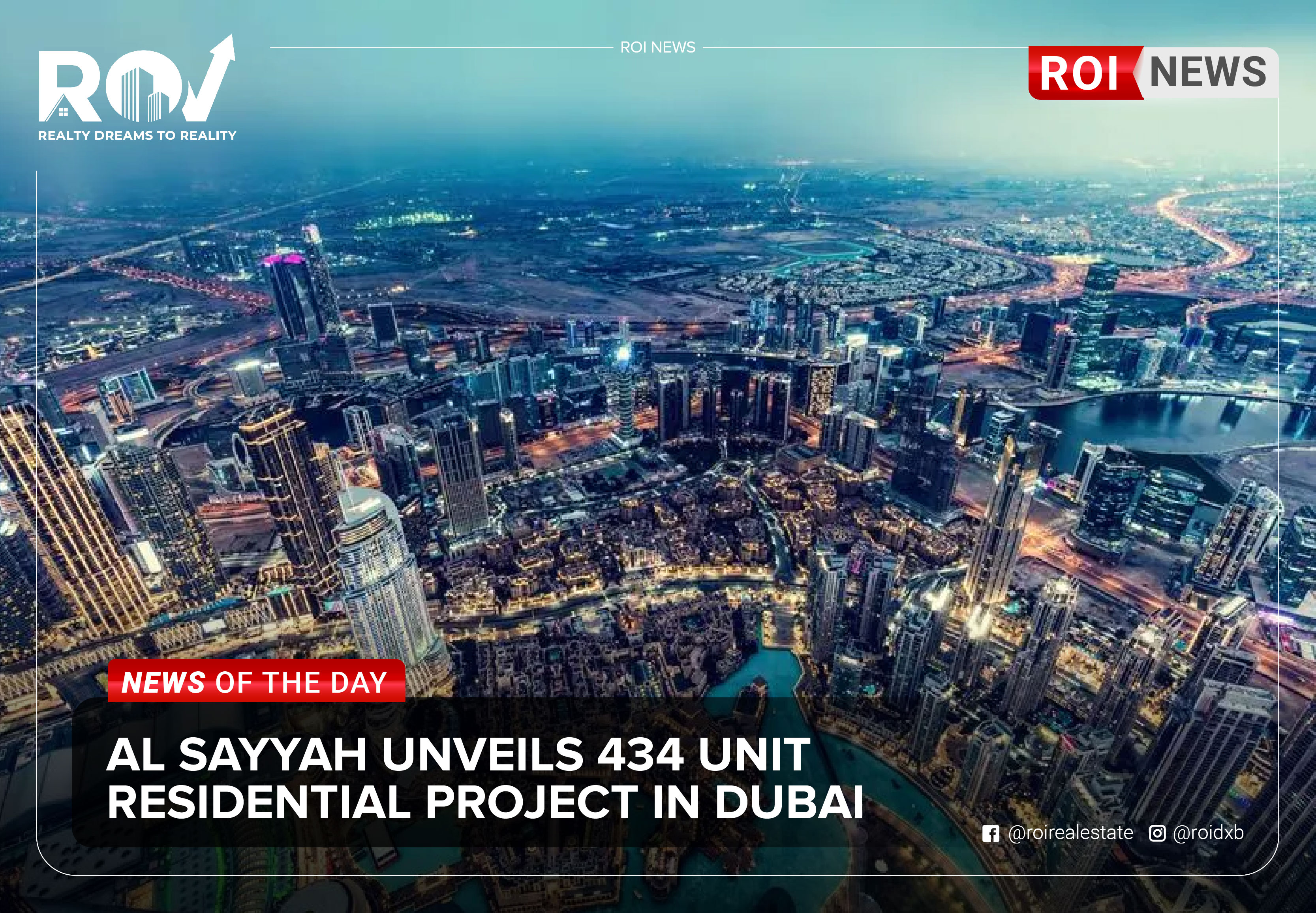
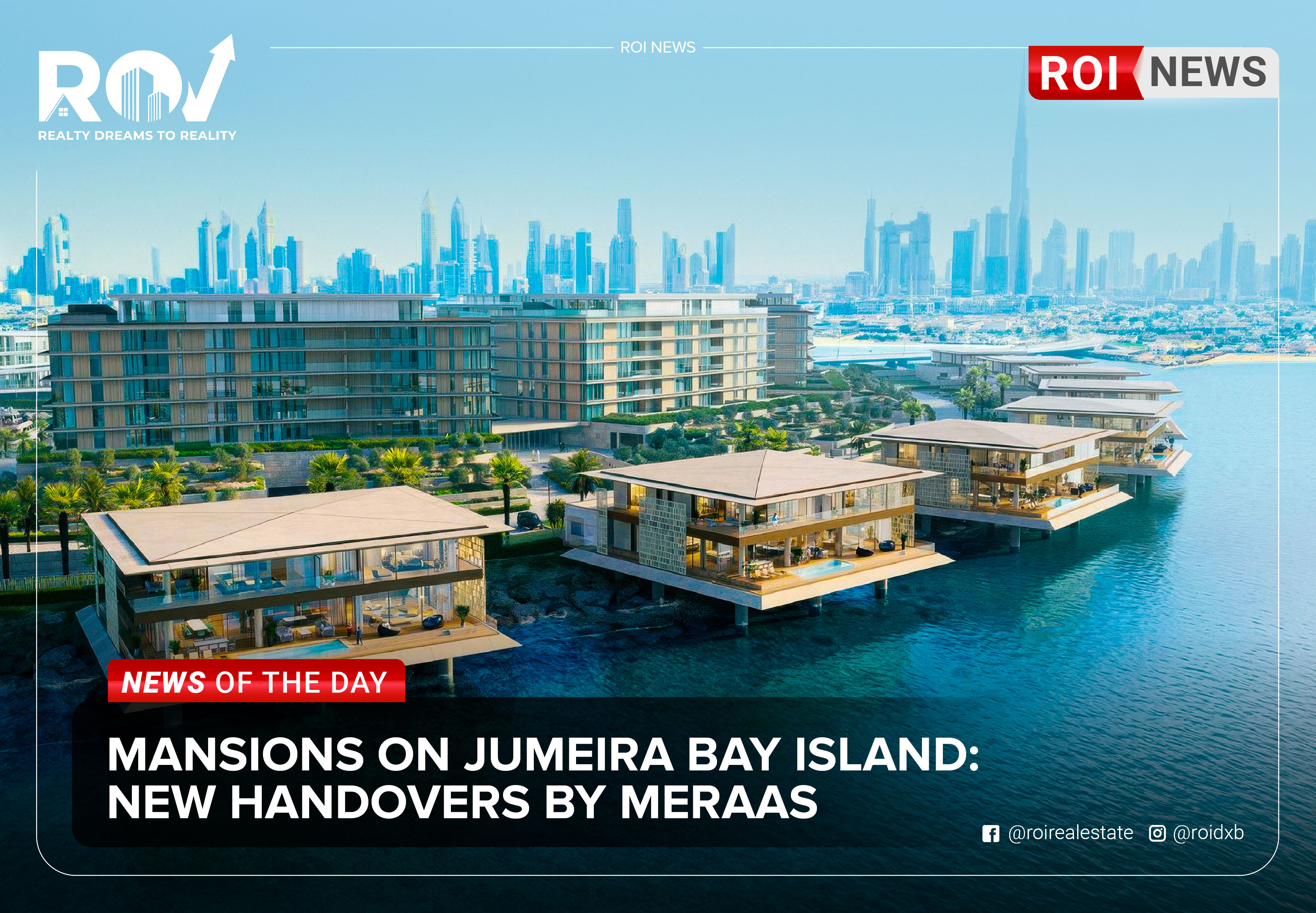
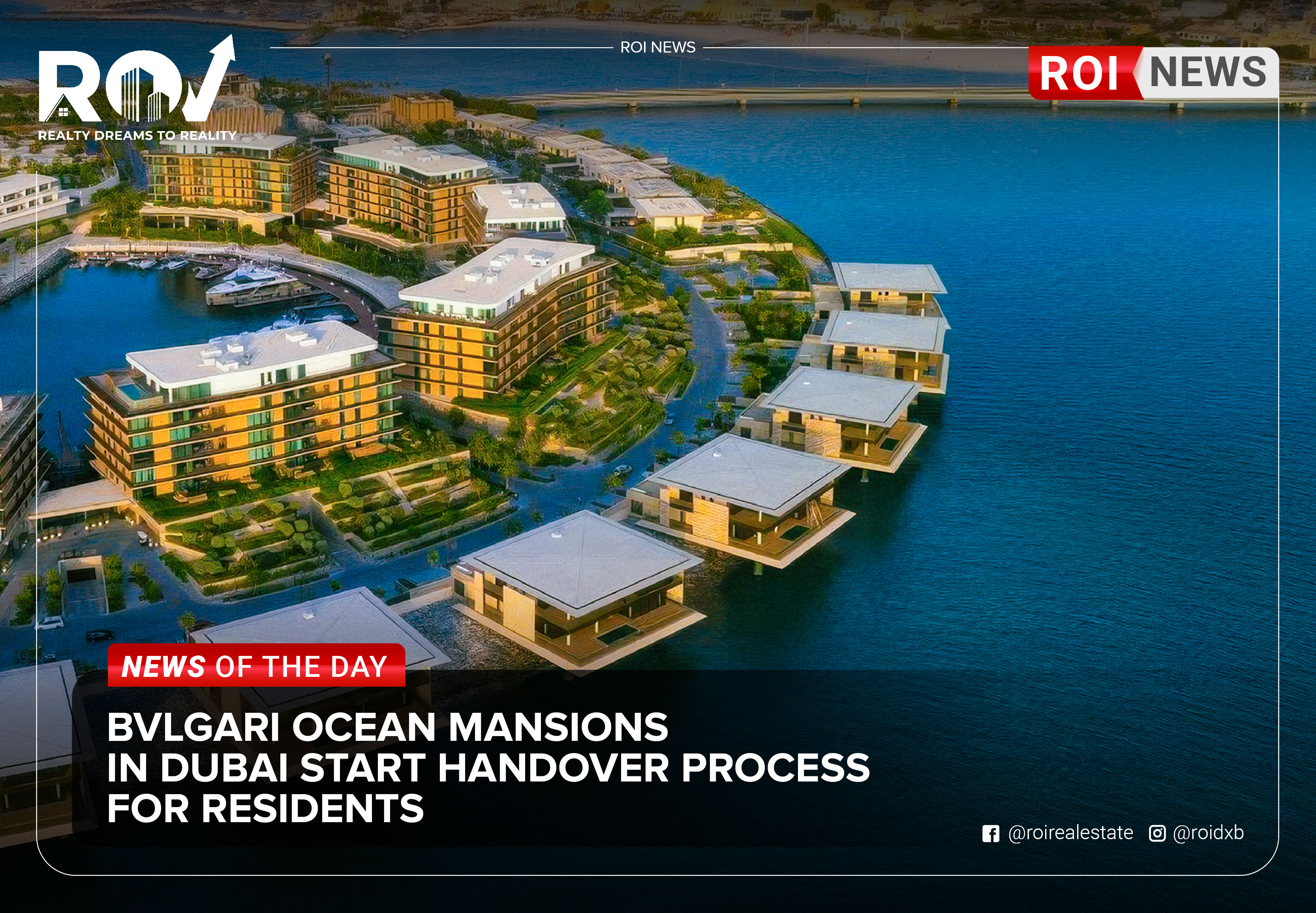
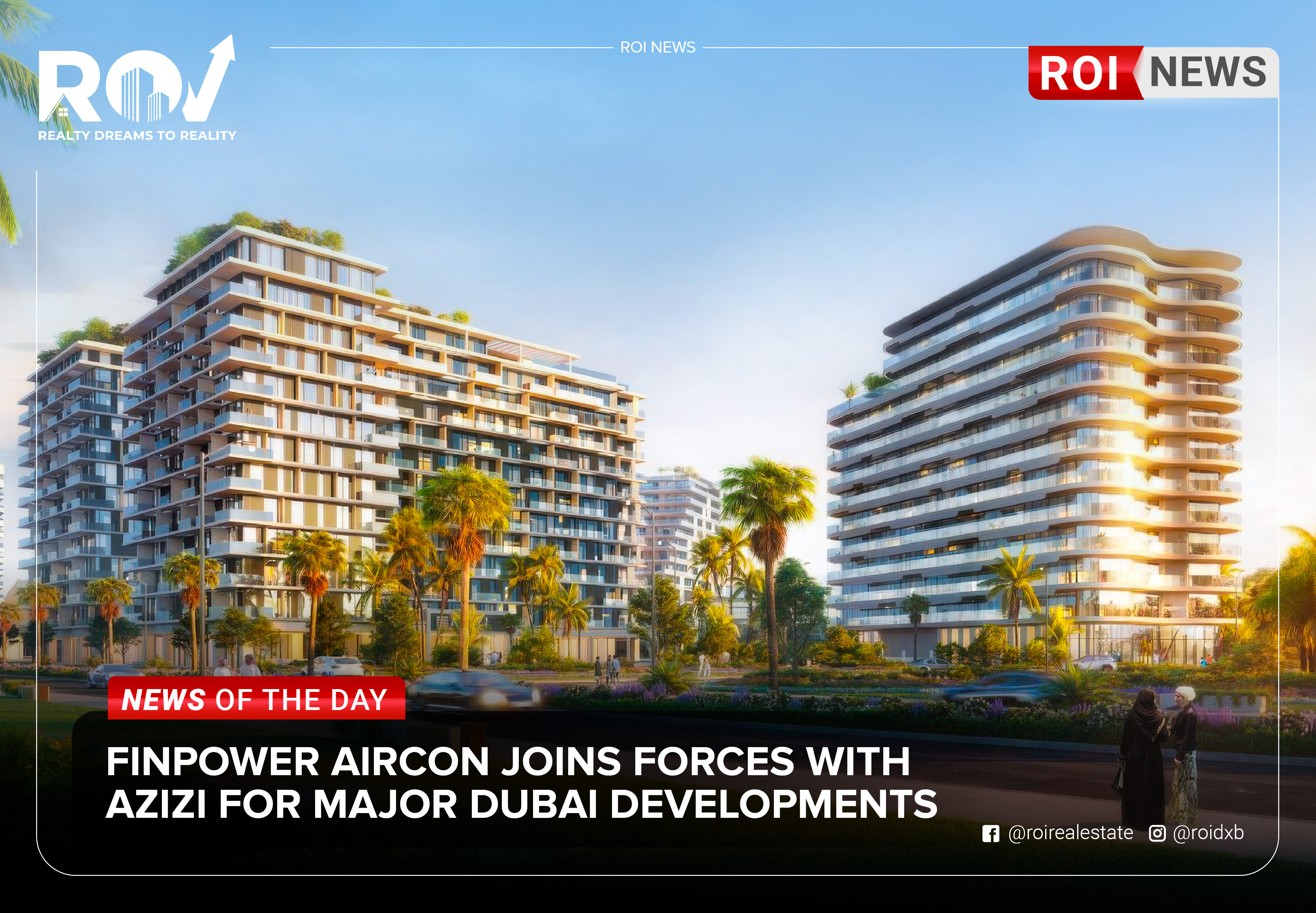
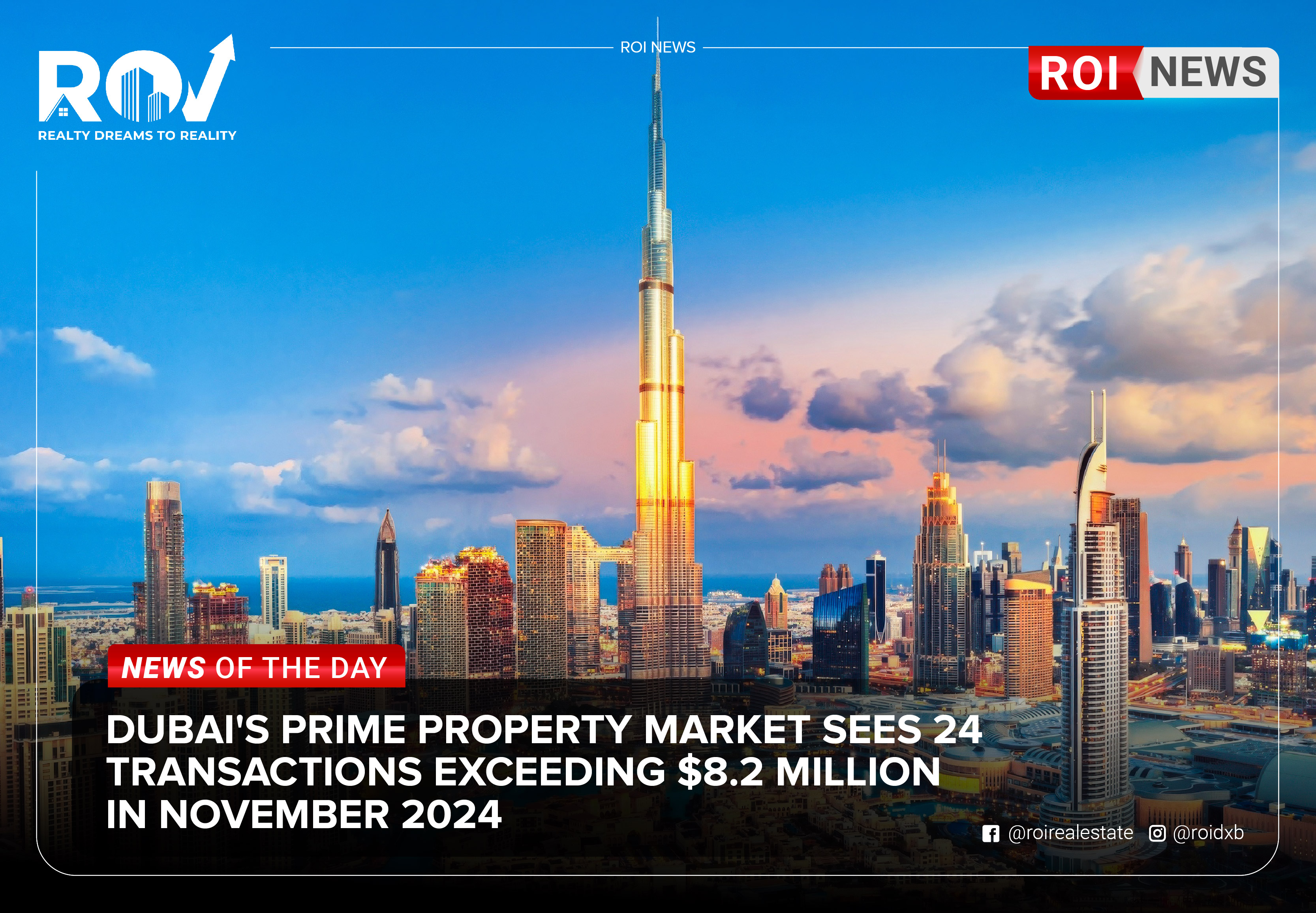
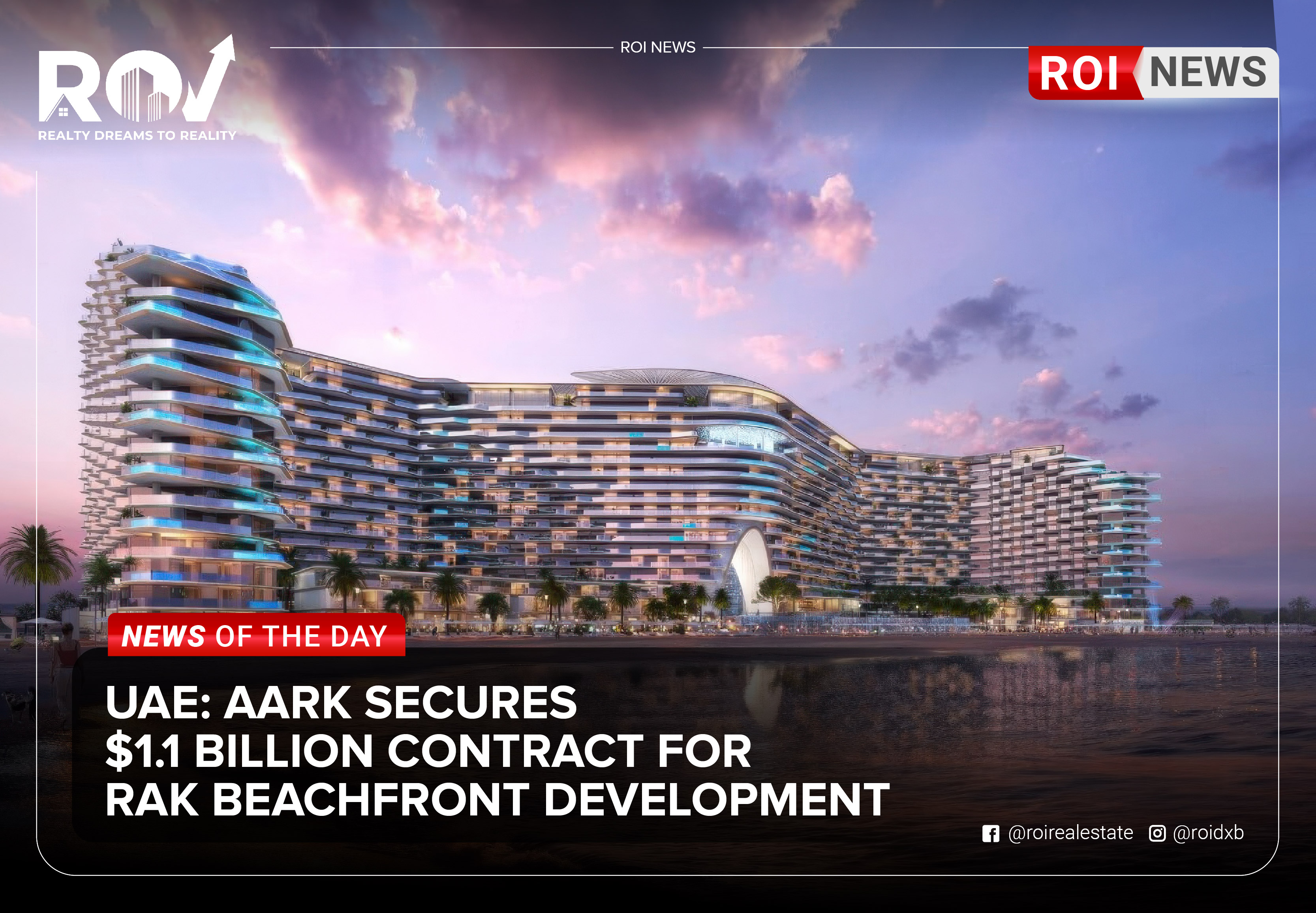

Comments (0)